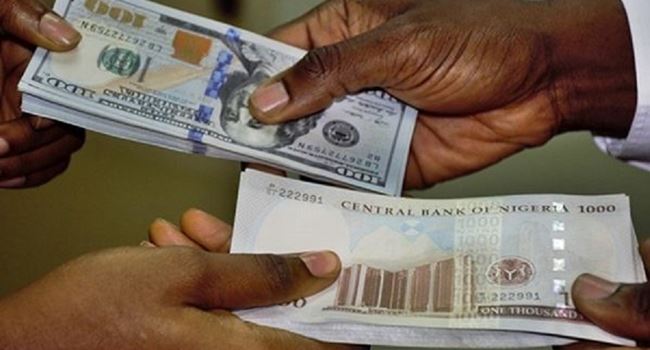Despite FX market intervention sales both the official and illegal currency trading markets on Tuesday, the value of the naira fell sharply. The official window’s spot rate was under pressure from the steadily increasing demand for foreign exchange.
This occurred following the central bank’s sale of US dollars to approved dealers on Monday, indicating a worsening of the foreign exchange scarcity issue in the market. The naira depreciated by 3.23% from the previous close to settle at ₦1,548.76 per US dollar, according to data from the FMDQ website.
This undid the currency market’s early weakening rise of 6.05% in exchange rates as the Central Bank of Nigeria (CBN) maintained the naira’s position in the foreign exchange markets.
In the parallel market, the naira weakened by 0.65%, ending the day at an average of ₦1,545 per US dollar due to demand pressures. This is coming after the apex bank approved FX sales to currency traders at the informal FX market.
As of July 18, 2024, external reserves stood at US$37.05 billion, compared with US$34.70 billion as at the end of June 2024. This represents eleven months of import cover for goods and services, the CBN said at the end of the monetary policy committee meeting.
Data from the Apex Bank website showed that the total balance in the nation’s external reserves climbed to about $36.24 billion on Monday. In the global commodity market, the price of crude oil has fallen to its lowest point in more than a month, even though there have been recent exchanges of attacks between Israel and Houthi militants in Yemen.
Brent prices dropped by 2.01% to $80.04, while WTI prices decreased by 2.35% to $76.58. In addition, the price of gold rose by 0.54% to $2,407.50 per ounce.













